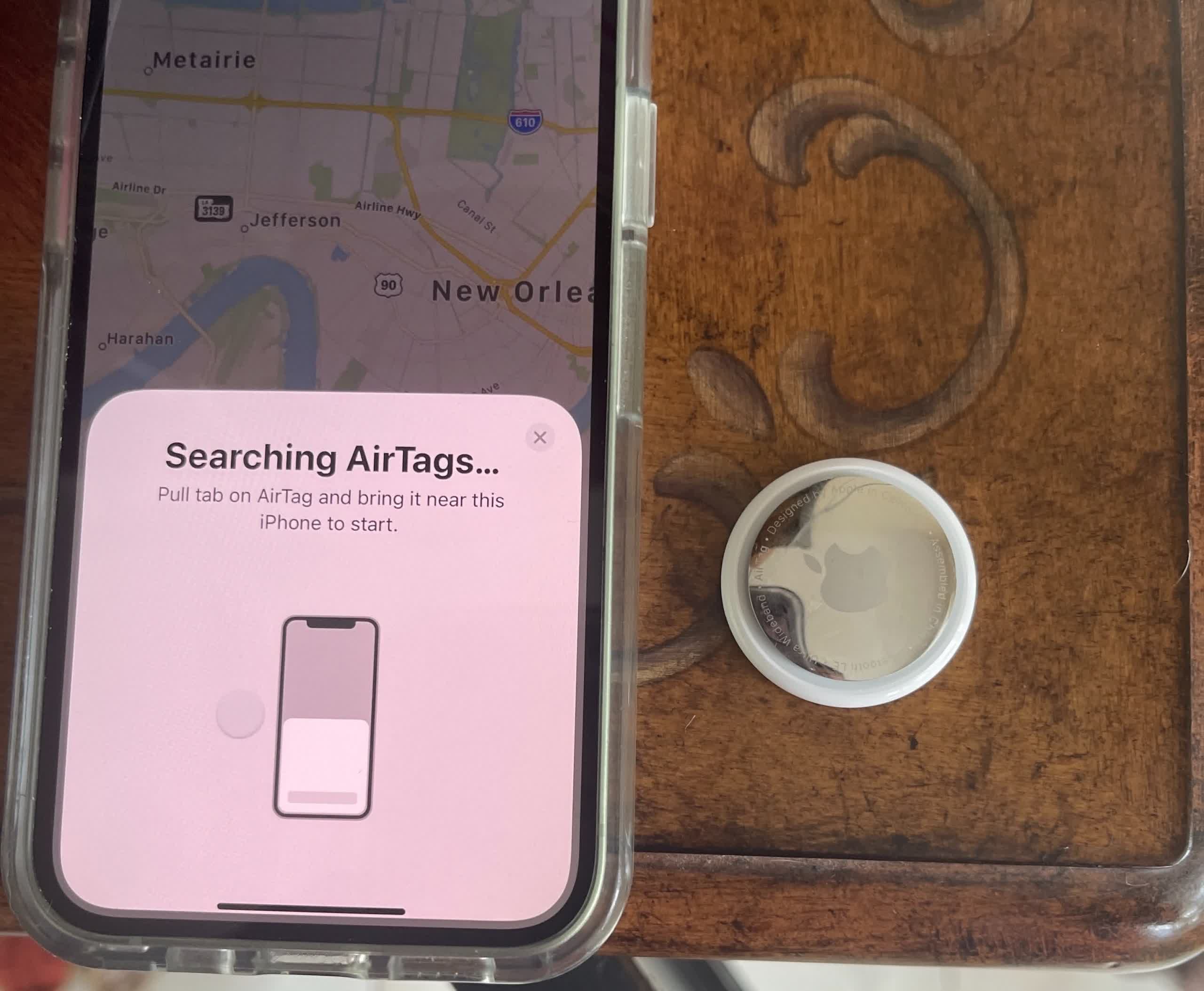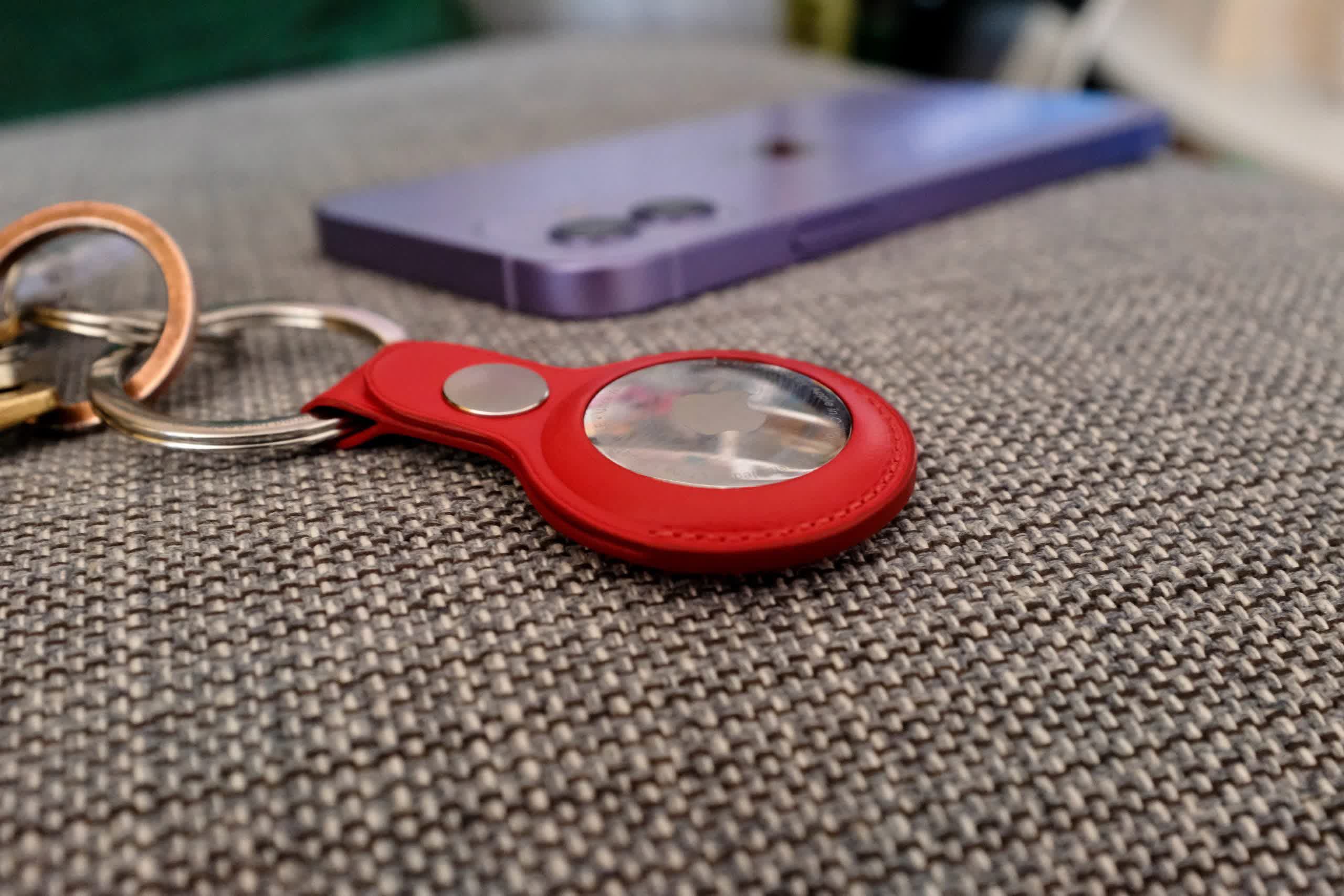In brief: Trackers like Apple's AirTags might be a godsend for people who find they're constantly losing things, but they're often used for illegal purposes, too, especially stalking. Law enforcement officials are also using AirTags in ways not intended by Apple, such as tracking the movements of drug-making machinery.
Citing an official search warrant, Forbes writes that the Drug Enforcement Agency (DEA) recently hid an Apple AirTag inside a pill press machine they believed was destined for an illegal narcotics manufacturer, allowing the agency to track its movements as it left China. This is believed to be the first instance of a federal agency using Apple's trackers for surveillance purposes.
GPS tracking devices have long been available to law enforcement, but they are reportedly prone to failure. A source told Forbes that these devices are bulkier and more noticeable than AirTags, which appear to have more reliable connectivity. Apple's product is also said to be easier to use.

But criminals do have a way of detecting AirTags. There have been many incidents in which the trackers were used for stalking - a survey of police records showed one-third of AirTag incidents involved this crime, resulting in a class-action suit against Apple. It led to Cupertino updating its iPhones to warn users if an unknown tracking device was detected following them. A detected AirTag will also emit a noise to identify its location.
The DEA was given permission to monitor the AirTag for 45 days across the US. It's unclear how helpful the device was in the agency's investigation of the narcotics manufacturer - The DOJ confirmed that the recipient of the pill press had been charged in federal court. Assuming the suspect never discovered the tracker, the DEA will likely use the devices for similar surveillance programs in the future.
Law enforcement agencies might want to consider using Tile trackers instead of AirTags. The company's recent Anti-Theft Mode prevents them from being detected by Tile's anti-stalking feature. The idea behind the mode is that it "makes it easier to recover stolen valuables by making it harder for thieves to know an item is being tracked." Anyone who uses the feature for stalking faces a $1 million fine.
